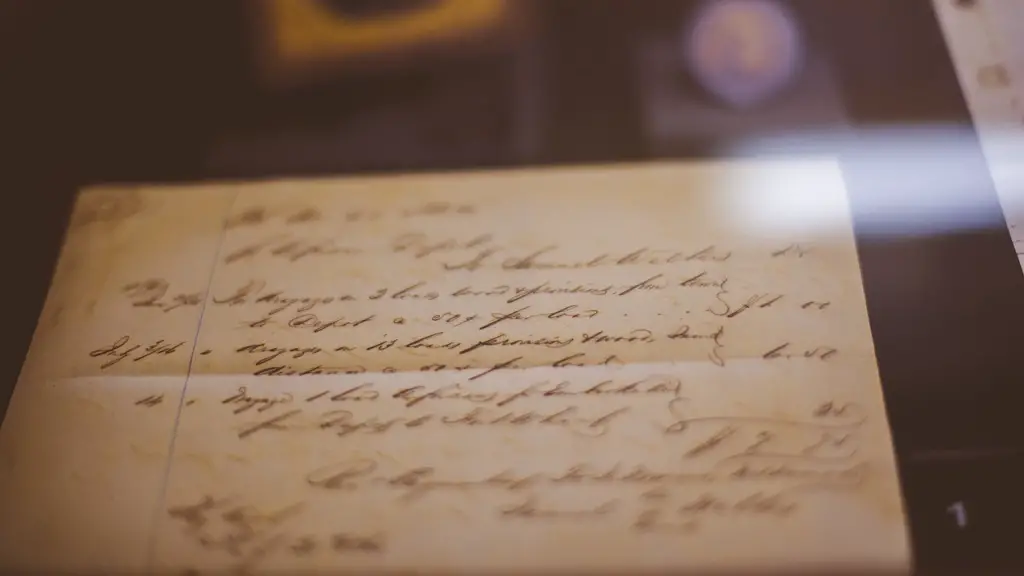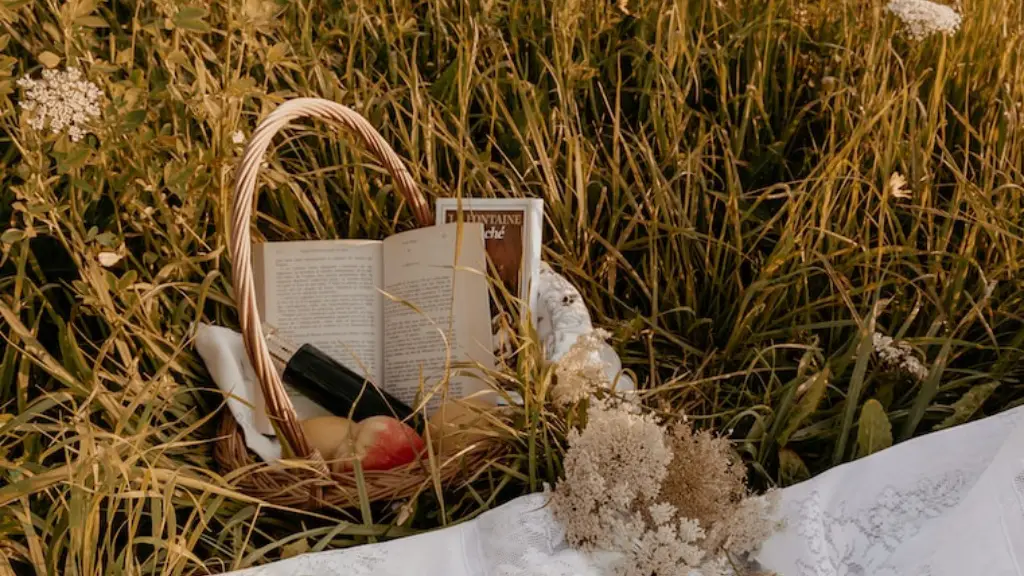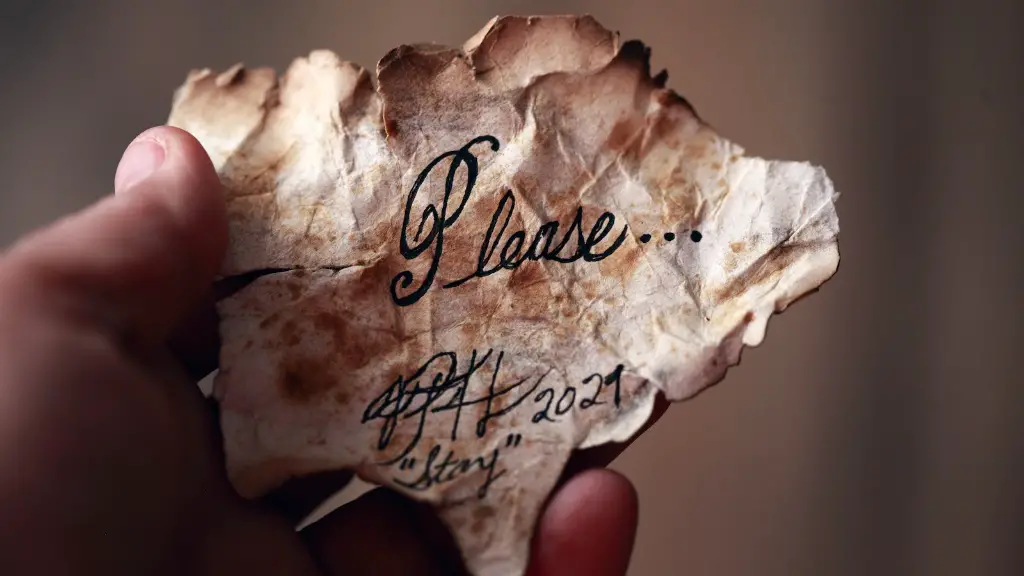Definition of Dub Poetry
Dub poetry is a type of performance poetry that has its origins in Jamaica, though it is performed around the world. It is a fusion of speech, music and theatre that combines comedy, reciting as well as sung and chanted pieces. Though the main elements involve tools such as rhyme and improvisation, it is uniquely embodied by the reciter’s presence and physicality. Dub poets employ dialect language such as Jamaican Patois, often with a poetic tone. Although it is an older and lesser known form of oral performance, the lyrical content of dub poetry has great relevance to our current political climate.
History and Origins
Dub poetry’s first known performance was in Kingstion, Jamaica in 1973. The genre found its roots through the melding of two important and distinct cultural elements of Jamaican life: sound systems and spoken word. The sound system would be a collective of selectors, deejays and usually a master of ceremonies who set up rudimentary speakers to share and produce music in their respective neighbourhoods and communities. Spoken word morphed from the mento and folk music traditions in Jamaica.
Dub poets first gained prominence in the late 1970s, when the independence movement was gaining traction. Cornel Campbell, Mikey Smith, Mutabaruka and Oku Onuora are credited as the genre’s main founders and proponents. Their works spoke, often indirectly, to the difficulties and struggles of post-independence Jamaica. Campbell’s works, such as “Taxman”, which was released in 1995, dealt with the longstanding rift between the country’s workers and its ruling class.
The Rise of Dub Poetry in the U.K.
Dub poetry has been growing in popularity in the United Kingdom, especially among younger audiences. In the early 2000s, dub poets such as Linton Kwesi Johnson, Martin Carter and Roger Robinson were featured on BBC Radio’s 1Xtra and on the Channel 4 TV show “Def Poetry Jam”. More recently, contemporary dub poets have been performing in festivals across the U.K. and Europe. One of these poets is Akala, who has drawn crowds at events such as Glastonbury, the Edinburgh Fringe and Reading & Leeds.
Akala has devoted much of his music to literature and politics. His works have tackled some of the most important issues facing contemporary society, such as racism, inner-city economics and Britain’s colonial past. His achievements have seen him dubbed “The Social Poet”, and his words have inspired the marginalised across the nation to stand up and resist oppression.
How Dub Poetry Can Empower
Though dub poetry is primarily a comedic art form, it often serves as a vessel for political thought and discussion. The genre has been used to help people with little means speak out against the injustices and oppression in their communities. Dub poets help bridge the gaps between the powerful and the powerless and demonstrate the power of writing and performance.
The genre has also been used to break down stereotypes. For example, dub poets have been able to reframe and reclaim words and phrases that are often derided in mainstream culture. Through their craft, they have been able to build a space where diverse audiences can come together to share their stories.
The Role of Women in Dub Poetry
Though dub poetry is often associated with male artists, there have been many prominent women involved in the genre. Jean “Binta” Breeze has been performing since the early 1980s, and her work is seen as a major influence on contemporary dub poets. She has been able to use her art to challenge power structures and speak truth to power.
More recently, poets such as Kadija Sesay and Ysanne Hughes have been leading the charge for women in dub poetry. Through their work, they have been able to subvert traditional gender roles and empower female voices. Their efforts have enabled young women to gain strength and comfort from their works.
Conclusion of Dub Poetry
Dub poetry has a long and colorful history, and continues to be an important part of contemporary culture. In a time when social media can quickly disseminate information and messages, dub poetry has been able to provide a slow and deliberate form of commentary, allowing the performer a greater range of expression. The genre has also been an effective way for people to challenge power structures, reclaim language and celebrate their cultures.


